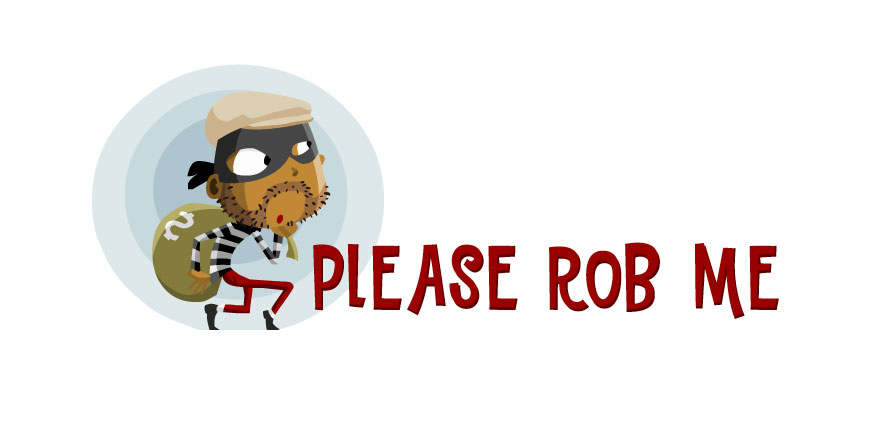Earlier this year, social networking sites like Twitter and Facebook stirred the home insurance waters unexpectedly. Confused.com, a price comparison website, announced its suspicion that users of social networking sites may soon be required to pay a higher premium. This is because insurance companies believe that these people are exposing themselves to a heightened risk of being robbed – by making their location information public.

In other words, statuses such as “we just arrived here – kids are loving the pyramids,” will tip anyone off that the whole family is most probably out of the house. This will easily attract any opportunistic robbers who stumble upon such pieces of information. Especially when you are sharing under your real name and even reveal your hometown, it takes anybody moments to find out your address. Sites like PleaseRobMe.com (now closed) purposefully filter Twitter location updates to prove this point.
For those reasons, insurers decided to reflect this exposure to home insurance policy prices. The news from Confused.com talked about an increase of 10% on the monthly premiums for social media users in the United Kingdom, although even steeper surcharges may come in the future. On top of that, it is expected that insurers will attempt to decline claims in case there is sufficient evidence that the client was negligent and disclosed too much information about her or his whereabouts. In Canada, no hikes related directly to social networking were noticeable yet, but clients could still face insurer’s refusal to accept claims.
More recent news explain that not only can insurance companies use publicly shared information to discover irresponsible clients, but they can also analyze status updates of claimants who attempt to cheat by committing fraudulent acts. Perpetrators may inadvertently mention their “achievement” or simply brag around, record of which stays in the public domain. Tiger.co.uk states that many insurance companies already report substantial savings on claims that were proven fraudulent with the help of social networks.
In summary, it is recommended that you and your loved ones stay reasonable about what updates you post on social networks. An unfortunate combination of facts may cause you a lot of trouble and you are risking that your insurance company will eventually not even back you.